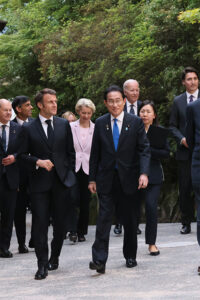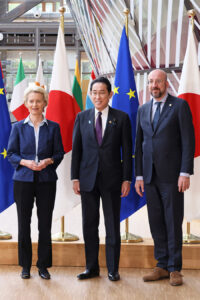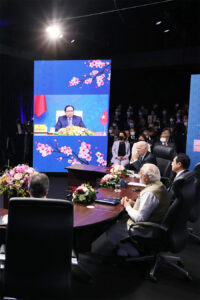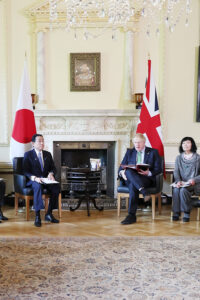
In Cambodia, Bakong, the world’s first digital currency issued by a central bank, has been welcomed by the people and widely established. The author, who helped design and implement it, discusses the factors behind its success in the country, as well as its further development and future opportunities in the Asia-Pacific region. Miyazawa Kazumasa, President, Soramitsu Co., Ltd. 1 Introduction This article introduces the development of central bank digital currencies (CBDCs) in the Asia-Pacific region and the efficiency of cross-border remittances, taking into account the latest developments in Cambodia. In Cambodia, the digital currency “Bakong” issued by the National Bank of Cambodia (NBC) officially launched in October 2020. Japanese fintech startup Soramitsu Co., Ltd. also participated in the development and design of Bakong. I currently serve as the president and representative director of Soramitsu, and since 2017 I have also served as ... ... [Read more]








